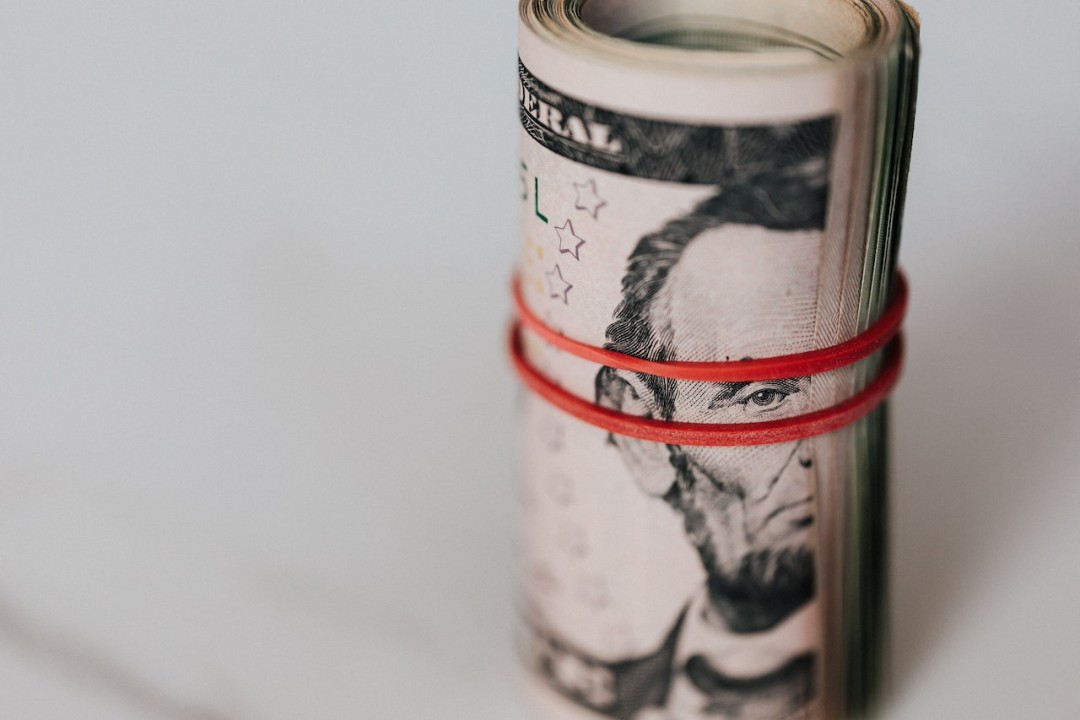According to a 2020 publication by Acuant, the number of people unbanked globally was listed at more than 2 billion. More people own a smart phone than have a bank account. Decentralized finance (DeFi) has the potential to replace banks and service this demographic.
Twenty-nine percent of unbanked households cited not having enough money to meet minimum balance requirements as their main reason for not having a bank account. Second-most cited is a lack of trust in the banking system.
Traditionally, financial services often come with the high costs for opening an account, they can include penalties for not maintaining a minimum balance, to paying withdrawal fees, monthly maintenance fees, assess overdraft charges, and more. Decentralized finance can eliminate the steep fees levied by banks and other financial institutions in exchange for their services.
DeFi is rooted in the notion of democratizing finance by replacing central institutions (like banks) with peer-to-peer relationships that would allow the unbaked to gain access to services such as loans and investments. The infrastructure distributes the risk among individual investors who finance the loan, which eliminates the need for a single entity to bear the risk.
Decentralized finance has the potential to reduce inequality through diversified financial services, transparent transactions and accessibility through a permissionless network.
---
Ready to invest in digital marketing for your business? Let's work together to create a plan designed around optimizing your business directory listings, while incorporating search engine optimization (SEO), content marketing, search engine marketing, lead generation and website design to ensure that your accounting practice is optimized to help you reach your goals.
